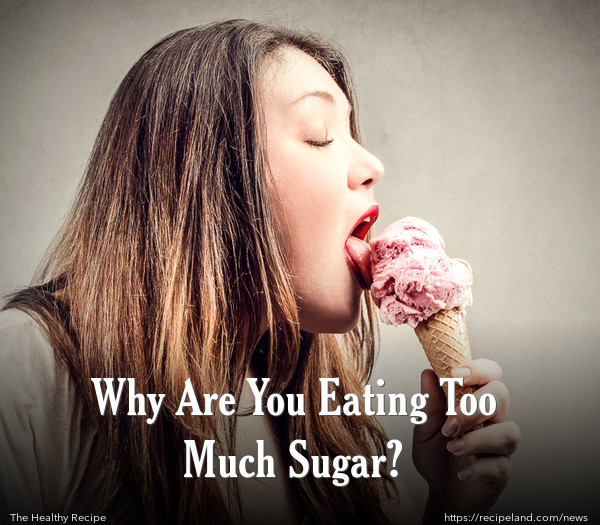Leading cardiologist Dr. Aseem Malhotra believes that the current advice we receive regarding sugar in our diets is damaging our health.
Dr. Malhotra claims that this advice has been manipulated by the food and dietary industry for profit, while ignoring the real underlying causes for obesity.
In response to this, Dr. Malhotra has called for the UK’s Scientific Advisory Committee on Nutrition in the Department of Health (DoH) to act promptly to address Britain’s rising obesity and type 2 diabetes crisis.
In 2003, the World Health Organization (WHO) announced that added sugars in food should not account for more than 10% of total energy intake. The WHO’s recommendations match the UK government’s Committee on Medical Aspects of Food and Nutrition Policy (COMA) recommendations.
The WHO’s recommendations have influenced the European Union’s guidelines on food’s sugar content. Additionally, the advice has been reflected on the UK’s food labelling.
Despite the EU and UK meeting the WHO’s guidelines, Dr. Malhotra believes more needs to be done.
In 2009, the American Heart Association (AHA) revealed that excessive sugar consumption can lead to a variety of metabolic disorders.
According to the AHA, women should have an upper calorie limit of 100 from sugar, and men should have an upper limit of 150 calories. This amounts to six teaspoons and nine teaspoons respectively.
Additionally, the United States Department of Agriculture food guide makes it clear that children should have no more than three to four teaspoons a day.
Much like the UK and other EU countries, the U.S. stipulates that food labels should clearly indicate the nutritional content of food per serving.
However, labels do not have to differentiate between sugars that naturally exist in the food and sugars that have been added. This means consumers cannot tell how much has been added to their food, making it difficult for them to make accurate calculations.
Since the study’s release, others have been published that support its findings. Dr. Malhotra has been outspoken in stating that the food industry has so much power, it can get away with denying sugar’s role in harming the nation’s health.
He also points out that leading charities like Diabetes UK and the British Dietetic Association allow major food corporations to sponsor large events. For example, McDonald’s were sponsors of the British Olympics, as were other companies that serve high sugar foods.
Other leading academics have come out to support Dr. Malhotra in calling for changes to the food industry.
This includes Terence Stephenson of the Academy of Medical Royal Colleges, who believes that schools and hospitals need to begin banishing sugary drinks and foods.
Following his heart surgery in 2004, Bill Clinton found that children in the U.S. obtained just as many calories from drinks as they did other forms of food.
This study and others like it demonstrate how the food industry needs to be clearer. As a result, metabolic disorders and diabetes could be prevented.
SOURCES: BMJ-British Medical Journal. "Dietary advice on added sugar is damaging our health, warns heart expert." ScienceDaily, 21 May 2013. Web. 21 Jan. 2014.; Image courtesy of marin / FreeDigitalPhotos.net










Comments